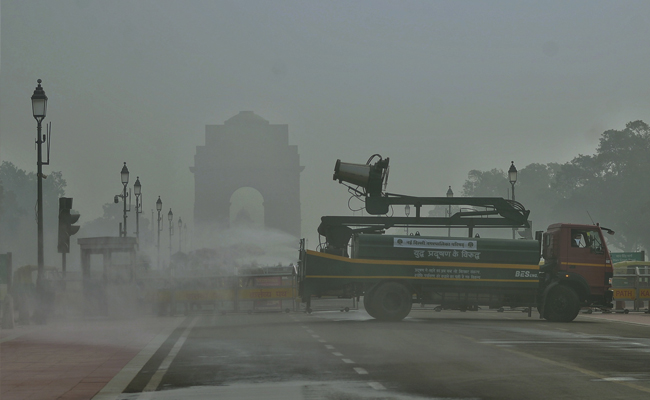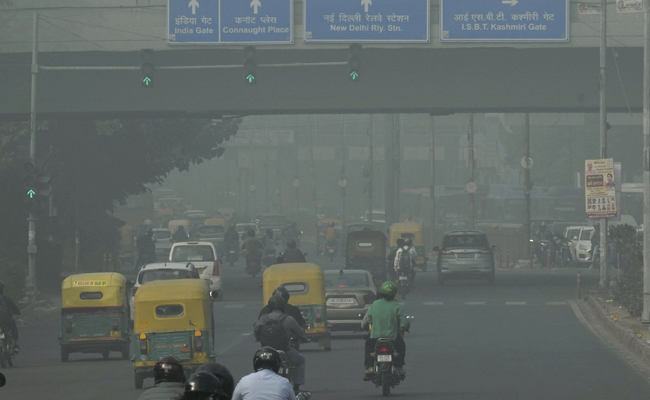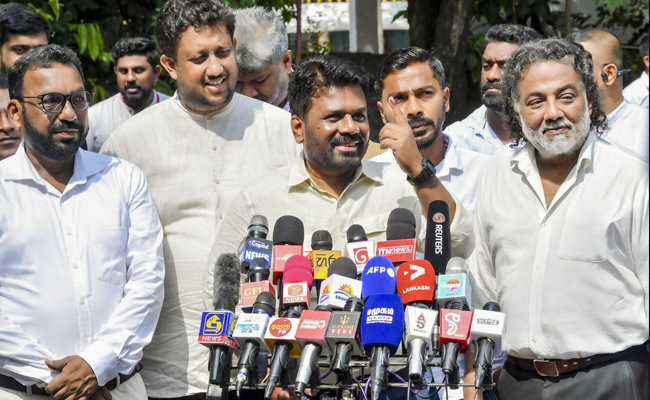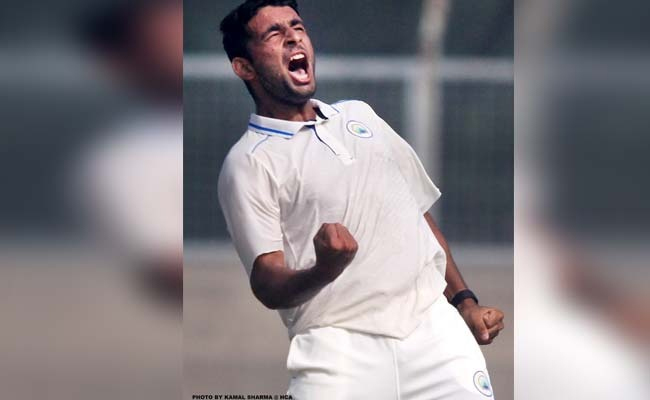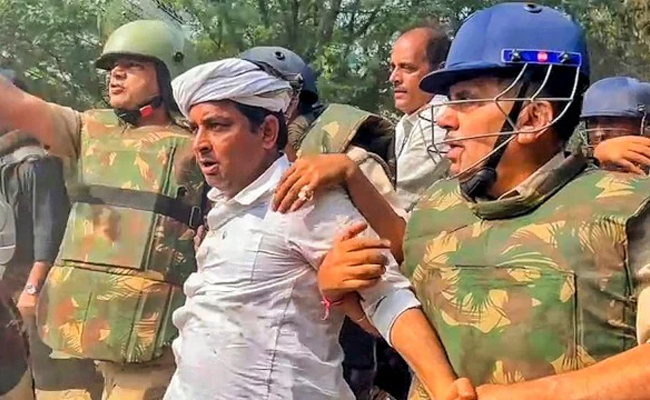New Delhi (PTI): Delhi woke up to GRAP Stage III restrictions on Friday, as the city's air quality remained in the 'severe' category for the third consecutive day, prompting strict measures to curb pollution levels.
According to the Sameer aap , the Air Quality Index at 9 am was recorded in the 'severe' category (400 to 500), with a reading of 411.
The CAQM imposed GRAP Stage III as the national capital recorded the worst pollution levels in the country, with the air quality remaining in the 'severe' category for two consecutive days.
Prior to entering the 'severe' category, Delhi's air quality had been in the 'very poor ' range for 14 consecutive days.
It directed the authorities in Delhi-NCR to invoke curbs under stage III of the anti-pollution plan with immediate effect.
Curbs under Stage III include a ban on non-essential construction and demolition, closure of stone crushers and mining activities in Delhi-National Capital Region (NCR).
Under the Stage-IV restrictions of GRAP, all inter-state buses from NCR states 'except electric vehicles, CNG vehicles and BS-VI diesel buses' will be prohibited from entering Delhi, alongside a stringent ban on construction and demolition activities, suspension of mining-related activities, consideration of shifting to online classes for students up to Class V and daily water sprinkling on major roads.
Meanwhile, out of 39 monitoring stations in Delhi, a total of 27 stations recorded air quality in the 'severe' category, with readings above 400.
These stations include Alipur, Anand Vihar, Ashok Vihar, Aya Nagar, Bawana, CRRI Mathura Road, IGI Airport, ITO, Jahangirpuri, Mandir Marg, Mundka, Najafgarh, Nehru Nagar, North Campus, Okhla Phase 2, Patparganj, Punjabi Bagh, Pusa, RK Puram, Rohini, and several others.
The city recorded its lowest minimum temperature (night time temperature) of the season at 15.6 degree Celsius, 2.6 notches above normal, according to the weather department.
The night time temperature on Thursday was recorded at 16.1°C, the second highest of the season so far. A thick veil of fog blanketed the city, reducing visibility at Safdarjung to 400 meters at 7 am on Friday.
Humidity was recorded at 98 per cent at 8:30 am.
The weather department has forecast very dense fog for the day, with the maximum temperature expected to settle at 29 degrees Celsius.
Additionally, Delhi's air quality has been recorded as the worst in the country for the past two days.
Let the Truth be known. If you read VB and like VB, please be a VB Supporter and Help us deliver the Truth to one and all.
New Delhi (PTI): Delhi Environment Minister Gopal Rai on Friday said an additional 106 cluster buses would ply in the city while metro trains would make 60 extra trips in view of GRAP-3 measures imposed due to worsening air quality.
The Commission for Air Quality Management (CAQM) has imposed GRAP 3 measures as the national capital recorded the worst pollution levels in the country, with the air quality remaining in the "severe" category for two consecutive days.
On Friday too the city's air quality was in the severe category with an AQI of 411.
In a press briefing, Rai said interstate buses except for e-buses and CNG vehicles have been banned. Additionally, BS-III petrol and BS-IV diesel four-wheelers have been prohibited, he said.
To boost public transport and reduce the use of private vehicles, the minister announced the introduction of an additional 106 cluster bus services by the Delhi Transport Corporation and 60 additional trips by metro trains.
Emergency measures, such as artificial rain, will be considered if the air quality deteriorates further, the minister said, adding that he would Centre about it again.
Private construction and demolition activities have been banned under GRAP III measures, he said.
"We are working on making GRAP-3 measures more effective in Delhi," Rai said and urged people to use bicycles to travel short distances, rely on public transport and carpool or work from home whenever possible.
He added that an inter-departmental meeting was held on Friday with officials from the MCD, PWD, Irrigation and Flood Control Department, transport, DTC, Metro, Education, and other departments concerned to strengthen the winter action plan.

